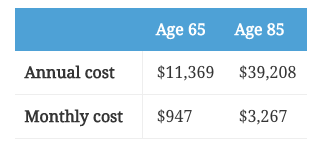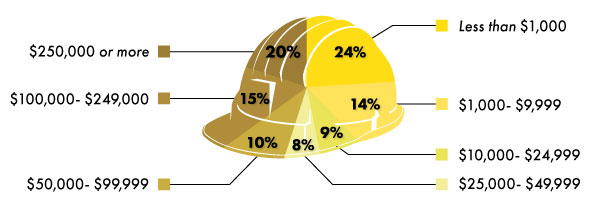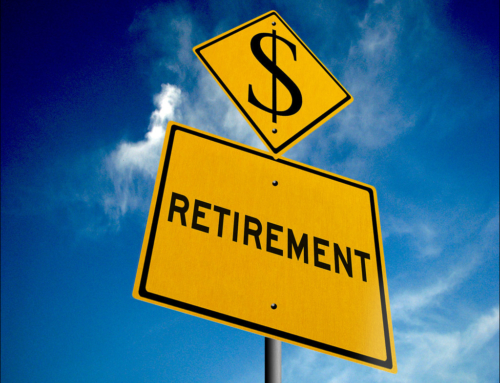About 70% of American workers are confident they will have enough money to pay for medical expenses in retirement.
In a 2018 survey, 30% of all workers reported they were “not too” or “not at all” confident they would have enough money to pay for their medical expenses in retirement.¹
Regardless of whether you’re confident or not, it’s important to have an idea about how much healthcare may cost into retirement. By putting the costs in better perspective, you might be able to better understand what you can pay for and what you can’t.
Health-Care Breakdown
A retired household faces three types of health-care expenses.
A household may have the expense of premiums for Medicare Part B (which covers physician and outpatient services) and Part D (which covers drug-related expenses). Typically, Part B and Part D are taken out of a person’s Social Security check before it is mailed, so the premium cost is often overlooked by retirement-minded individuals.
expenses). Typically, Part B and Part D are taken out of a person’s Social Security check before it is mailed, so the premium cost is often overlooked by retirement-minded individuals.
The household should expect to pay for co-payments related to Medicare-covered services that are not paid by Medigap or other health insurance.
The retired household should expect to pay for dental care, eyeglasses, and hearing aids, which are typically not covered by Medicare or other insurance programs.
It All Adds Up
Fast Fact: Nursing Home Costs. The national average rate for a private room in a nursing home is $92,376 a year. The national average rate for a semi-private room in a nursing home is $82,128.
Source: Genworth 2017 Cost of Care Survey
According to a HealthView Services study using 70 million actual cases, a healthy married couple, age 65, can expect healthcare premiums to add up to $321,994 over their lifetime. If you include dental, vision, co-pays, and out-of-pocket costs, the total rises to $404,253.²
For a healthy 55-year-old couple who plans to retire in a decade, the number jumps to $498,962. ³
Should you expect to pay this amount? Possibly. Seeing the results of one study may help you make some critical decisions when creating a strategy for retirement. Without a solid approach, healthcare expenses may add up quickly and alter your retirement spending.
Out-of-Pocket Healthcare Cost
The cost of healthcare for a 65-year-old couple is projected to increase with age.
Source: HealthView Services: 2017 Retirement Health Care Costs Data Report (Costs shown are in future dollars.)
Prepared for the Future?
Workers were asked how much they have saved and invested for retirement — excluding their residence and defined benefit plans.







